The United States is facing an important moment in its history. We have entered the sixth month of the COVID-19 pandemic, which has disproportionately taken Black, Brown, Indigenous, and poor and low-income lives due to inaction at every level of government. We have also witnessed xenophobic attacks against people of Asian and Pacific Islander descent.
On top of that, recent police and vigilante killings of unarmed Black people — George Floyd, Rayshard Brooks, Breonna Taylor, Ahmaud Arbery and so many others — show the country’s continued disregard for the lives and basic human rights of Black people, an issue that dates back 400 years and is rooted in white supremacy.
These recent events have brought what many of us have dedicated our careers to studying and advocating for into the public discourse in a way that we have not seen since the civil rights movement. Many people are now aware of structural racism for the first time, and learning what it means to be truly anti-racist. These events have also laid bare the interlocking injustices of systemic poverty, ecological devastation, militarism and the policy violence that upholds them.
This is why we need the power of the Poor People’s Campaign, now more than ever. We are convinced that this moment requires a movement both in the midst of this crisis and beyond. There’s no public health remedy that can replace the need for the kind of power building, grassroots organizing, collective action and radical transformation this movement is calling for.
As public health professionals, we all have a role in this growing movement. We can’t just provide the data. We can’t simply observe the world around us and the suffering of our communities. We have an ethical and moral responsibility to act when lives and the future of our democracy are at stake.
Here’s what you can do:
- Participate in the virtual Mass Poor People’s Assembly and Moral March on Washington on June 20. More information at June2020.org
- Amplify voices of directly impacted leaders from the movement, including those of Aaron Scott, Nijmie Dzurinko, and Kenia Alcocer
- Commit to using data for advocacy and radical social change
Movements from the bottom up have historically led to progress. Today, we answer the call to speak out against oppressive systems and institutions that have created the unequal and unhealthy world in which we live. Justice demands it and our collective lives depend on it. We hope you will join us in this fight.
